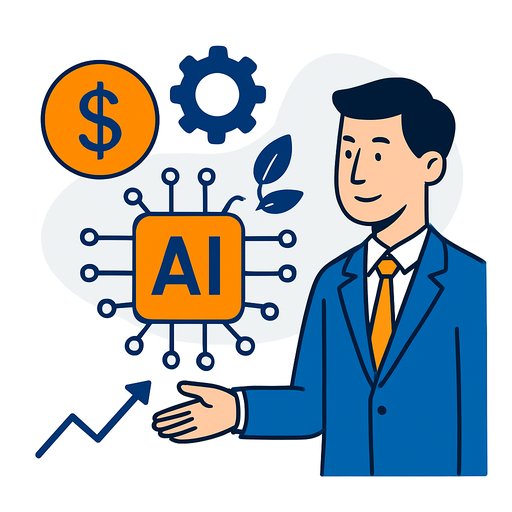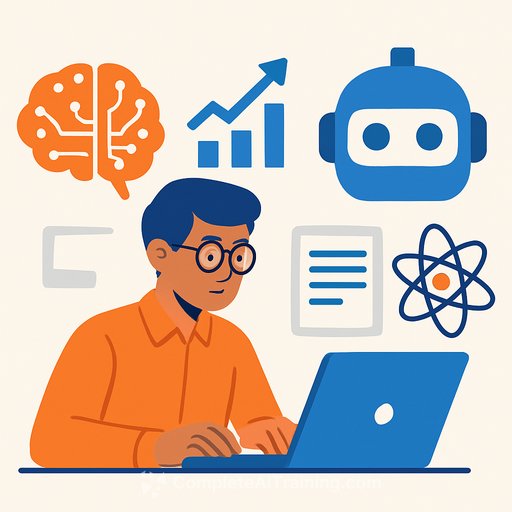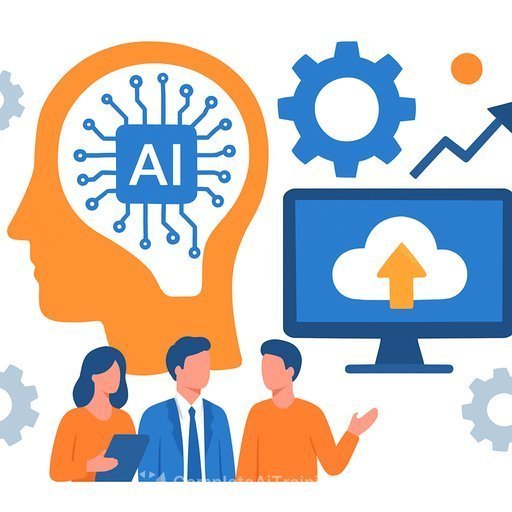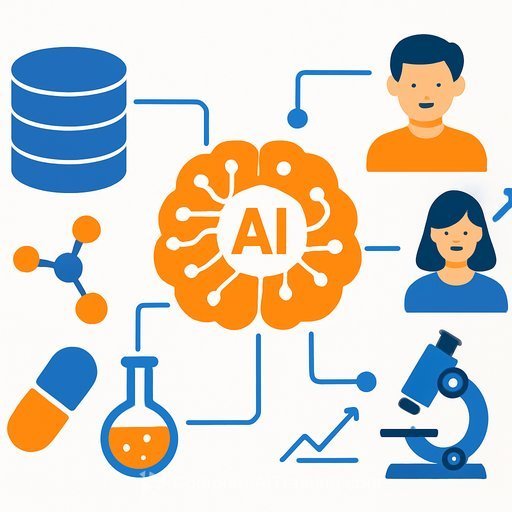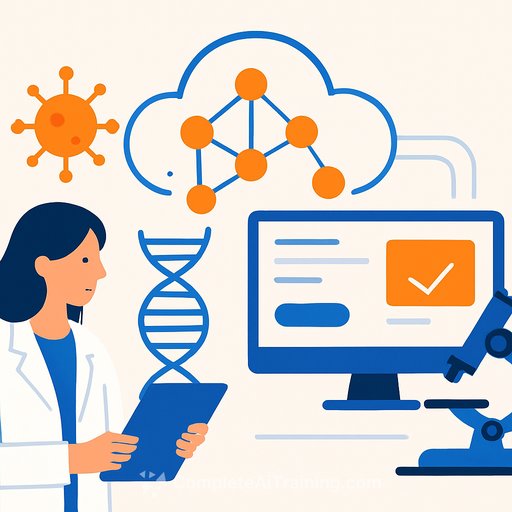$10M gift fuels foundational AI growth at Cornell Bowers
A $10 million gift from Josh Kulkin '01 to the Cornell Ann S. Bowers College of Computing and Information Science will strengthen Cornell's position in foundational AI research. The funding targets research, faculty recruitment, and access to advanced computing-resources that move ideas from theory to impact across disciplines.
"Responsible use of artificial intelligence presents the greatest opportunity for our society to advance across disciplines, and I am pleased to support Cornell's exceptional researchers who are operating at the forefront of AI innovation," said Kulkin, an early employee of Jane Street. "Through this gift, I hope to ensure that Cornell students and faculty can continue to be leaders in this transformational field."
University leadership framed the gift as a force multiplier. "We are deeply grateful for this extraordinary commitment to Cornell's AI Initiative," said Provost Kavita Bala. "This support will help us attract and retain world-class faculty and students while advancing the frontier of AI research."
What the funding enables
- Foundational AI research with direct ties to science, engineering, and policy.
- Faculty recruitment and retention in high-demand subfields.
- Access to high-performance compute and tooling for large-scale experiments.
Cornell Bowers maintains a clear focus on responsible and rigorous AI. Core areas include AI ethics and policy, AI and science, natural language processing, computational linguistics, information retrieval, machine learning, computer vision, game theory and decision theory, and robotics.
Why this matters for researchers
Better talent and better compute mean faster cycles from hypothesis to reproducible results. For research teams outside Cornell, this often translates to earlier access to methods, code, and benchmarks that become field standards.
- Stronger open research in NLP, vision, robotics, and learning theory.
- New datasets, baselines, and evaluation methods with transparent practices.
- Expanded collaborations across computing, natural sciences, and engineering.
- Greater emphasis on safety, auditing, and policy integration from the start.
Ethics and infrastructure, together
Cornell Bowers pairs technical work with governance and policy research-a practical stance as labs scale models and deploy systems in sensitive domains. For teams building or evaluating AI systems, this signals more usable frameworks, testbeds, and guidelines that align with real constraints.
Leadership perspective
"This investment in Cornell's AI future comes at a crucial time as we continue to expand our research capabilities and educational programs," said Thorsten Joachims, Jacob Gould Schurman Professor in the departments of Computer Science and Information Science and director of the Cornell AI Radical Collaboration Initiative. "This generous gift will significantly enhance our ability to pursue pioneering research in AI and maintain Cornell's position as a premier institution for AI development and innovation."
Signals to watch next
- Faculty hiring across learning theory, alignment, multimodal systems, and robotics.
- Compute expansions enabling larger pretraining runs and scaled evaluation.
- Cross-campus initiatives linking AI with materials, biology, climate, and healthcare.
- Public releases: datasets, benchmarks, and reproducible code from new labs.
About the donor
Kulkin earned his undergraduate degree in computer science at Cornell Engineering before joining Jane Street. His support targets the foundations-people, compute, and rigorous research-that sustain long-term progress.
Resources
- Cornell AI Initiative
- NIST AI Risk Management Framework
- Curated AI courses by job role (Complete AI Training)
Your membership also unlocks:

